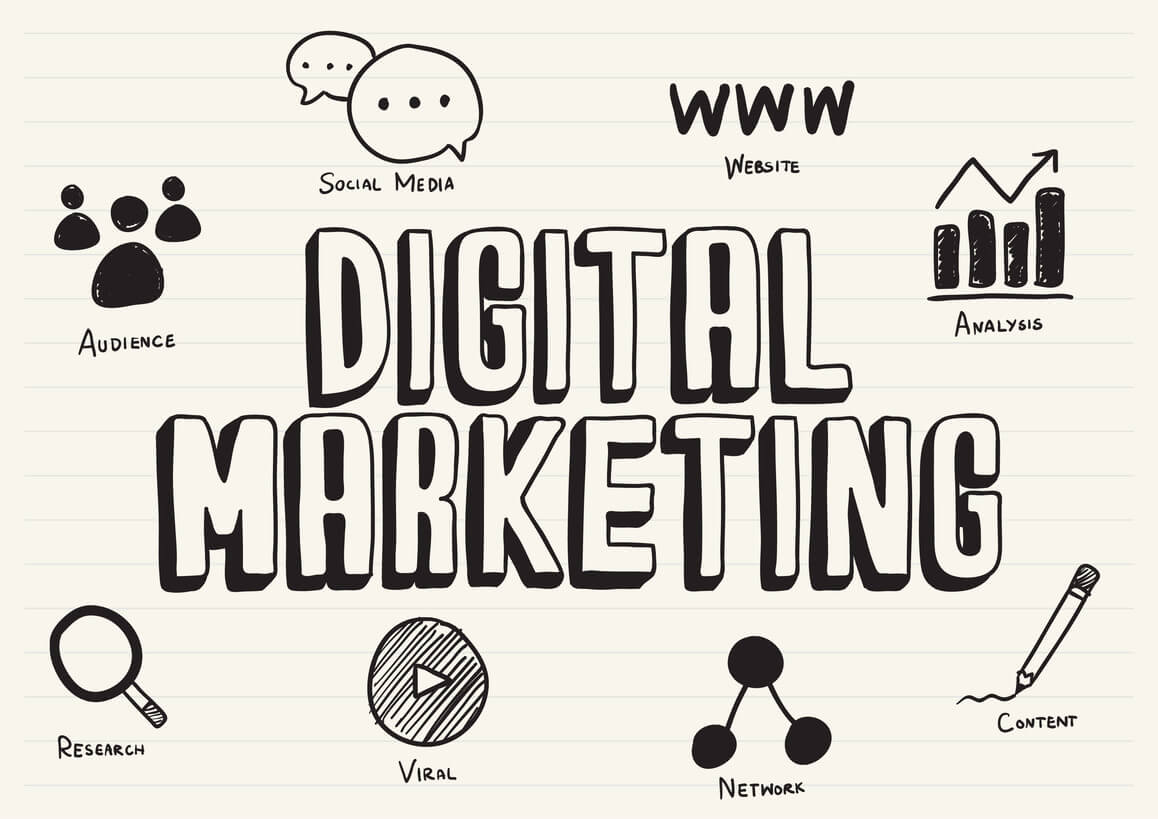
In an era where trust and transparency are paramount, blockchain technology has emerged as a revolutionary force in various industries. Marketing, in particular, is experiencing a significant transformation as blockchain is harnessed to enhance digital advertising practices and ensure unprecedented transparency. In this comprehensive article, we delve into the world of blockchain in marketing, exploring how decentralized technology is revolutionizing digital advertising and paving the way for a new era of accountability.
Understanding Blockchain in Marketing
Decentralized Trust and Transparency
Blockchain is a decentralized digital ledger that records transactions across multiple computers, creating an immutable and transparent chain of information. This technology eliminates the need for intermediaries, ensuring trust and accountability in digital interactions.
The Role of Blockchain in Marketing
In marketing, blockchain offers the potential to address critical challenges such as ad fraud, lack of transparency, and data privacy concerns. By providing a secure and tamper-proof infrastructure, blockchain enhances the integrity of marketing processes.
Revolutionizing Digital Advertising
Mitigating Ad Fraud
Ad fraud is a pervasive issue in digital advertising, costing businesses billions of dollars annually. Blockchain’s transparent and decentralized nature can prevent fraud by tracking and verifying every ad impression, ensuring that only legitimate interactions are counted.
Transparent Supply Chain
Blockchain enables end-to-end transparency in the advertising supply chain. Advertisers can trace the journey of their ads from creation to placement, ensuring that ads are displayed in appropriate contexts and on legitimate websites.
Microtransactions and Tokenization
Blockchain introduces the concept of microtransactions using digital tokens. Advertisers can reward users directly for their attention and engagement, fostering a more direct and mutually beneficial relationship between brands and consumers.
Data Privacy and Personalization
Empowering Users
Blockchain empowers users to control their data. Consumers can choose which personal information to share and have a say in how their data is used, creating a more ethical and consensual data exchange.
Enhancing Personalization
By enabling consumers to share specific data with advertisers, blockchain enhances personalization. Advertisers can access accurate and relevant information, leading to more tailored and meaningful marketing experiences.
Transparency and Accountability
Auditable Campaigns
Blockchain records every interaction and transaction, allowing advertisers to audit their campaigns with unparalleled accuracy. This transparency ensures that advertisers get what they pay for and that data is accurate.
Verification of Authenticity
Blockchain verifies the authenticity of digital assets, such as ad creatives and content. This prevents issues like ad plagiarism and ensures that the content being displayed is genuine.
Challenges and Future Potential
Scalability and Adoption
While blockchain offers immense potential, scalability remains a challenge. As adoption increases, addressing scalability issues will be crucial for mainstream integration.
Smart Contracts and Automation
The integration of smart contracts allows for automated, self-executing agreements. In marketing, this could streamline processes such as payments to content creators and publishers.
Token Economy and User Incentives
The rise of token economies within blockchain ecosystems could transform user behavior. Advertisers might reward users with tokens for engaging with ads, creating a new paradigm of consumer incentives.
Embracing the Blockchain Revolution in Marketing
Education and Exploration
As blockchain technology evolves, marketers should invest in understanding its intricacies and potential applications. Exploring blockchain’s capabilities can uncover innovative solutions.
Collaboration and Partnerships
Collaboration between marketing professionals, blockchain developers, and technology experts is essential for successfully implementing blockchain solutions in advertising.
Ethical Considerations
Ethics should guide the integration of blockchain in marketing. Data privacy, user consent, and responsible data usage must be central to any blockchain-driven marketing strategy.
Conclusion
Blockchain technology has the power to reshape the marketing landscape by fostering transparency, accountability, and consumer empowerment. As the digital advertising ecosystem grapples with issues of trust and privacy, blockchain provides a solution that is both innovative and transformative. By harnessing the potential of blockchain in marketing, businesses can not only enhance their campaigns’ effectiveness but also foster a new era of transparency and ethical practices, rebuilding consumer trust and redefining the way brands connect with their audiences.

















